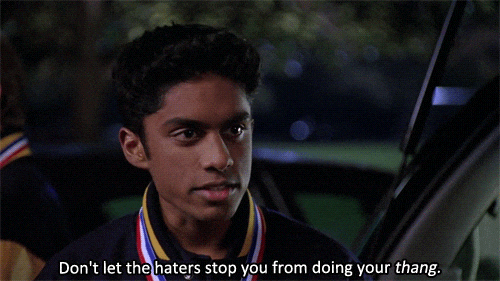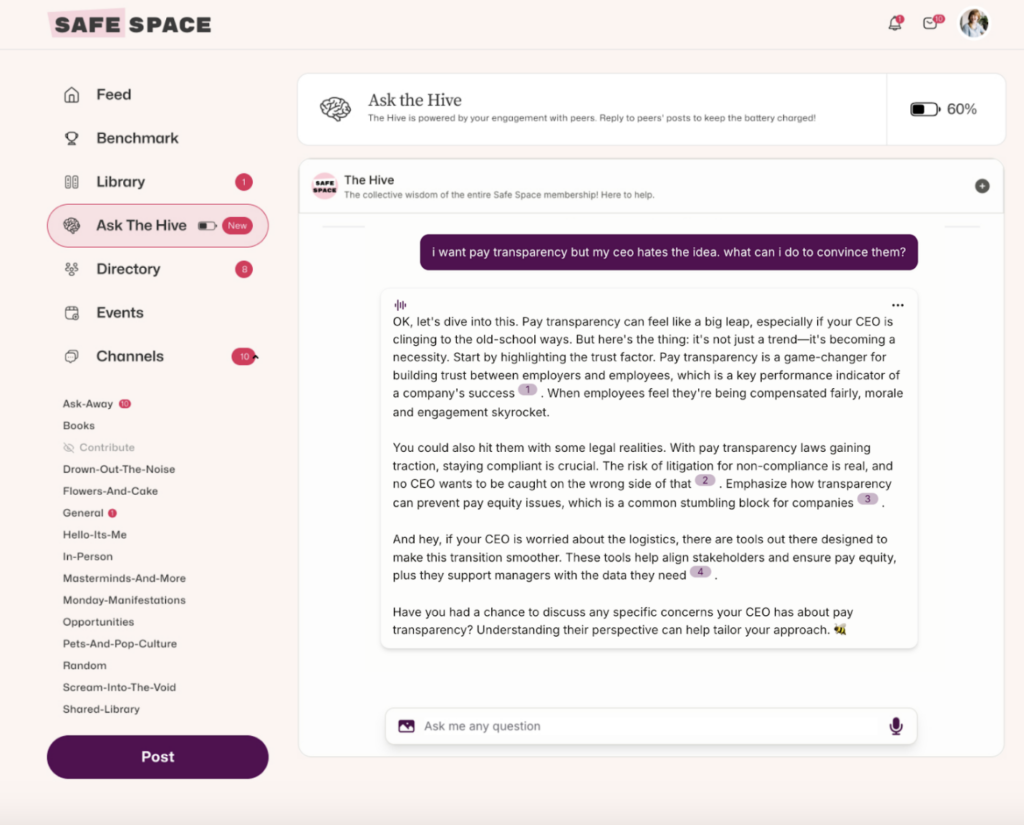
How do you handle a new HR Director that leads with a “keep the person out of it” attitude?
Context: Large city government organization. We’re receiving a lot of complaints from employees that they don’t feel like they’re being heard or helped. Attempts from other HR staff to discuss the issue aren’t getting anywhere.
Kyle Patton, Director of Human Resources @ Neighborhood Family Practice:
While I imagine that attitude helps with tough decisions and objectivity, it’s called Human Resources (or People Operations) for a reason. That Human component should come first.
There is a time and place for the “Keep the person out of it” mindset (layoffs, terminations, investigations, that bad stuff), but you still need to show that you are a Human first – for all the good and all the bad.
It could be that they lack the soft skills (active listening for one) or aren’t clear on the follow-up with things they have actually done. But a refusal to admit that maybe your approach isn’t always great or that you still have room to improve is a major red flag. Especially, if one of your (assuming) direct reports in the HR team is sharing that feedback.
At that point, the feedback needs to come from above them, and if they can’t or won’t work on it, the HRD should “take the person out of it” and leave. It seems like a personality difference more than anything.
Rebecca Dobrzynski, Senior HR Business Partner:
Most of the time with challenging leaders, you’ll find more success if you can uncover something they care about, and link your concern to that – bonus points if you’re offering a solution that takes away their pain points or gets them more of the things they want. Some examples:
- Is the HR director tired of receiving anonymous complaints, such as if most employee feedback/complaints are only coming from anonymous surveys? Maybe you can offer to lead some focus groups and share consolidated feedback from those.
- Does the HR director respond badly to ad-hoc complaints and/or feel blindsided when they are raised? Perhaps schedule a monthly session to review trends in employee sentiment that are raised in various channels, and organize the issues into something more digestible, presented with accompanying suggestions. Send a pre-read so the director knows what will be discussed.
- Is this leader dismissing the complaints because they are focusing on other priorities and don’t want to “waste time” on distractions? See if you can help them communicate their priorities more clearly and more widely so that others know what likely will or will not be addressed.
- Does the director not want to be the person responding directly to employee issues? If so, who’s a good option to serve as the primary employee communications person, and how can you nudge things in this direction?
Finally, if there are serious issues that your HR director is blatantly not addressing (as opposed to managing employees’ perception about whether the HR director cares about their mild or trivial concerns), it’s worth figuring out if an escalation path is available to you. I’d only go over the director’s head if you think you’ve tried all other feasible options, and I’d see if you could present your concerns to another higher-up as a group with others from the HR team or a mix of leaders across the organization. This way it’s seen as less of a personal attack or individual dissatisfaction.
Be gentle with yourself if you can’t find a way to make this better! The situation says a lot more about this leader than about you, and when hierarchy and power dynamics are at play, it really might be the case that there’s not much you can do to solve this. Be clear with the rest of the organization about your efforts but also about the limits of your influence.

I’m currently going through some big negative personal stuff and have read conflicting pieces from “HR Experts” on whether you should disclose such things to your manager. My manager and I have a very good relationship and I’m her only report – should I disclose what’s going on at a high-level or am I setting myself up to be negatively assessed or pitied (gross) if my personal life bleeds into my performance?
Context: I work for a company of approximately 1,300 employees in the insurance/medical industry as the Employee Benefits Specialist. I’ve been with the company for 3.5 years and in HR for 10.
RyanMae Pepin, Director of People @ Blackthorn.io:
I would assess what you mean by “Good relationship.” Can you tell your manager “Hey I am having an off day” or go to them with a mistake and not be fearful for being a human who makes mistakes? If you already have that foundation you could likely share comfortably, but you do not you may want to keep it to as-needed information.
It’s sad to have to question your manager but in the long run making sure you are putting your best foot forward is the most important thing.
JOIN 150K+ HR LEADERS
Get insights, learnings, and advice on how to build companies and cultures that people actually love.
No spam. Unsubscribe any time.
Bridget Martin, Head of People @ Street Smarts VR:
First off, I’m really sorry to hear you’re going through a tough time, and I hope things improve for you soon.
If you’re already noticing that personal challenges are affecting your productivity or engagement at work, it could be helpful to address this with your manager – especially if they may already sense something is off. Since you and your manager have a good relationship, it’s worth considering how much personal information to share based on your previous interactions. Reflect on whether your manager has ever shared personal experiences with you over the past 3.5 years. If they’ve been open and vulnerable with you, they may be more understanding of your situation. If not, keeping it more general might be the best approach.
One thing to keep in mind is that today’s work culture often makes us feel like we have to disclose every detail when something is affecting us, just so our managers don’t assume we’re slacking off or being lazy. There’s always that underlying fear that we won’t be believed when we ask for time or space to focus on mental health. But this worry is often something we create in our own minds – managers typically aren’t looking for reasons to doubt us. It’s important to get comfortable with setting boundaries and trust that, as long as you’re open about the fact that you’re going through something, most managers will understand and respect that.
You could say something along the lines of: “I’m going through a difficult time outside of work right now. While I don’t feel the need to share all the details, it’s affecting me enough that I wanted to let you know, as it’s making it harder to focus and stay fully engaged during the workday. I’m working through it and appreciate your understanding.”
Marissa Goldberg, Fractional COO & Founder, Remote Work Prep:
Worry less about advice for the general public and more about what your gut tells you. You are the person who knows your relationship with your manager best.
Does thinking about telling them fill you with relief or dread?
You’re already dealing with negative life events. Let’s not add to that by doing something that doesn’t feel right to you.
Stephanie Lemek, Founder & CEO @ The Wounded Workforce:
My best advice is to decide what you are comfortable with sharing and with who and use that as your guidance. You can disclose that you are experiencing personal challenges and leave it at that or share details or say nothing. It’s up to you! Even the best manager in the world isn’t owed your story.


